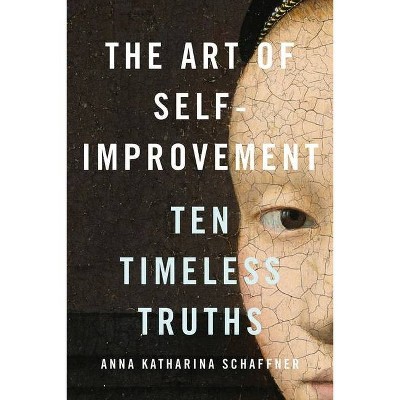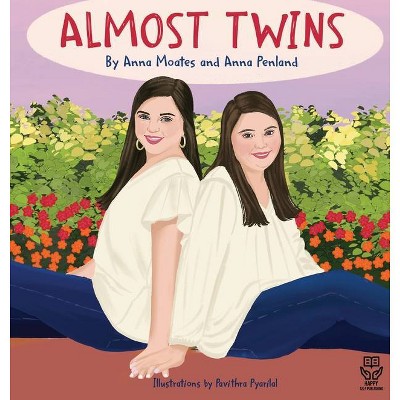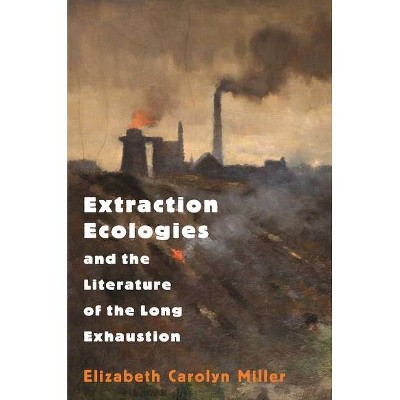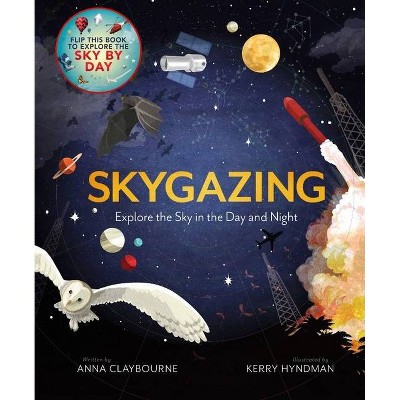Exhaustion - by Anna K Schaffner (Hardcover)
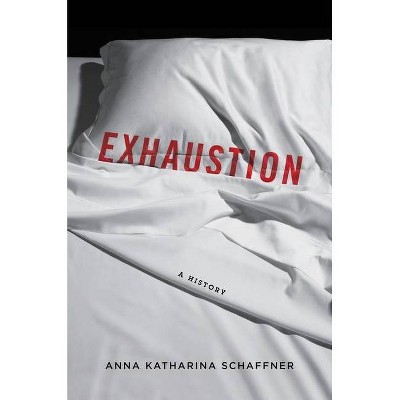
Similar Products
Products of same category from the store
AllProduct info
<p/><br></br><p><b> About the Book </b></p></br></br>This book helps us evaluate more critically the narratives we tell ourselves about exhaustion. By uniting the mind with the body and society, we attach larger questions of agency, willpower, and well-being to its symptoms. <i>Exhaustion </i>finds in our struggle to overcome weariness a more significant effort to master ourselves.<p/><br></br><p><b> Book Synopsis </b></p></br></br>Today our fatigue feels chronic; our anxieties, amplified. Proliferating technologies command our attention. Many people complain of burnout, and economic instability and the threat of ecological catastrophe fill us with dread. We look to the past, imagining life to have once been simpler and slower, but extreme mental and physical stress is not a modern syndrome. Beginning in classical antiquity, this book demonstrates how exhaustion has always been with us and helps us evaluate more critically the narratives we tell ourselves about the phenomenon. <p/>Medical, cultural, literary, and biographical sources have cast exhaustion as a biochemical imbalance, a somatic ailment, a viral disease, and a spiritual failing. It has been linked to loss, the alignment of the planets, a perverse desire for death, and social and economic disruption. Pathologized, demonized, sexualized, and even weaponized, exhaustion unites the mind with the body and society in such a way that we attach larger questions of agency, willpower, and well-being to its symptoms. Mapping these political, ideological, and creative currents across centuries of human development, <i>Exhaustion</i> finds in our struggle to overcome weariness a more significant effort to master ourselves.<p/><br></br><p><b> Review Quotes </b></p></br></br><br>The strength of <i>Exhaustion: A History</i> is its ambition: it is both comprehensive in scope and highly focused, investigating an overwhelming--or, if you'll forgive the pun, exhaustive--catalog of synonyms for exhaustion, presented via analyses of pertinent literary references that ensure all theoretical analysis is grounded in historical examples.--Make Magazine<br><br>A vigorous review of the various lenses through which exhaustion has been viewed throughout human history.--Erin Elizabeth McConnell "Comparative Literature Studies "<br><br>Highly informative, excellently researched, well-written and enjoyable book.--Forum for Modern Language Studies<br><br><i>Exhaustion</i> offers an ambitious grand narrative account of the condition, from classical antiquity to the present day.--Medical History<br><br>[An] enlightening, elegantly written study of exhaustion as a phenomenon firmly rooted in the confluence of medical knowledge, cultural beliefs, and social critique.--Journal of the History of Medicine and Allied Social Science<br><br>A timely contribution to a neglected field of study.--BMJ Medical Humanities Blog<br><br>An engaging reading of the history, evolution, and multiple connotations of its key term, reaching the conclusion that the individual and the community are closely intertwined not only in detecting exhaustion and seeking plausible and helpful solutions to combat its symptoms, but also in giving meaning to those symptoms by attaching them to the cultural and social perceptions dominant at a specific time and place.--Modern Language Review<br><br>An impressive and important contribution to the growing field of medical humanities.--British Society for Literature and Science<br><br>Ambitious, provocative, and original.--Social History of Medicine<br><br>Schaffner's imaginative and ambitious work offers rich materials with which to think about exhaustion. Work such as this lets us engage in imaginative emotional time-travel of a kind that acknowledges a shared humanity as well as cultural difference.--Thomas Dixon "Times Literary Supplement "<br><br><i>Exhaustion</i> is an impressive, accomplished, and original book, one that promises to command a wide cross-disciplinary readership. A formidable amount of reading and research has gone into this work, which stretches from classical antiquity to the present day, yet Anna Katharina Schaffner marshals her material confidently and carries her learning lightly. Her book is a pleasure to read.--Michael Greaney, author of <i>Conrad, Language, and Narrative</i><br><br><i>Exhaustion</i> is fluently written and brilliantly argued, and it will provoke thoughtful minds with the suggestion that exhaustion has a history.--Edward Shorter, author of <i>How Everyone Became Depressed: The Rise and Fall of the Nervous Breakdown</i><br><br>A fascinating study of the ways in which doctors and philosophers have understood the limits of the human mind, body - and energy.--David Robson "BBC Futures "<br><br>When <i>Exhaustion</i> does bring theory and experience together, it becomes engrossing--which makes it all the more regrettable that for so many centuries, our exhausted ancestors remained silent.--Hanna Rosefield "New Republic "<br><p/><br></br><p><b> About the Author </b></p></br></br>Anna Katharina Schaffner is reader in comparative literature and medical humanities at the University of Kent. She has published on the histories of sexuality and psychoanalysis, modernist literature, and the avant-garde. Her most recent book is<i> Modernism and Perversion: Sexual Deviance in Sexology and Literature, 1850-1930</i> (2012).
Price History
Price Archive shows prices from various stores, lets you see history and find the cheapest. There is no actual sale on the website. For all support, inquiry and suggestion messagescommunication@pricearchive.us
